Key milestone
Aditya Dwi Laksana, chairman of the Indonesian Transportation Society, said opening a high-speed railway is an important milestone in the nation's public transportation system.
The bullet train will give travelers a safe, fast and comfortable trip between Jakarta and Bandung, and will be especially convenient for those who currently stay in Jakarta during the week and spend weekends in Bandung with their families.
Laksana said the line will also boost business in areas close to stations along the route.

A bridge section for the line is moved into position in September. (Photo/Xinhua)
He hopes the project will lead to a technology transfer, as operating the new line will allow Indonesia to further develop an inter-city rail transportation system that uses high-speed technology.
The Jakarta-Bandung High-Speed Railway is a significant achievement that will improve the image and credibility of Indonesian railways, Laksana said.
Rail travel has long been part of Indonesia's public transportation system, with trains being used to carry passengers and goods in the sprawling nation since the 19th century. Indonesia was one of the first Asian countries to develop a rail transportation system, with the first line launched in 1867 in Semarang, capital of Central Java province.
Trains have also played a key role in Indonesia's history. During the 1940s, when Indonesian freedom fighters seeking independence fought Dutch troops, trains were used to smuggle the fighters and firearms.
In 1997, at the height of the Asian financial crisis, Indonesia's burgeoning middle class resorted to traveling by train as air fares became increasingly prohibitive. This trend led to the rise of executive and business class trains, including the Argo Dwipangga, which serves the Solo-Jakarta route, and the Sancaka, which operates between Yogyakarta and Surabaya, capital of East Java province.
Indonesia's railway system was nationalized in 1963, following the establishment of Perusahaan Negara Kereta Api (State Railways Corp), the forerunner of the present-day PT Kereta Api Indonesia, or KAI, (Indonesia Railways Co).
KAI is one of the companies that comprise PT Pilar Sinergi BUMN Indonesia, a consortium of Indonesian state-owned companies that holds a 60 percent stake in KCIC. Its partner, Beijing Yawan Co, a syndicate of Chinese railway companies, holds the remaining 40 percent stake.
KCIC was founded in 2015 after China successfully bid against Japan for a project tender launched by Widodo's government. The high-speed line was due to be completed in 2018, but issues such as the COVID-19 pandemic disrupted the work schedule.
Rahadian Ratry, KCIC's corporate secretary, said 13 tunnels have been completed on the route, along with the main tracks.
"We are focusing on accelerating our construction work… to meet the 2023 target," he said.
In September, China shipped a high-speed electric passenger train and an inspection train designed especially for the Indonesian high-speed project. These trains have a maximum operating speed of 350 km/h.
Ratry said the trains are being reassembled at a depot in Bandung. China is scheduled to deliver 10 more trains to Indonesia in the coming months.
The trains are designed by CRRC Qingdao Sifang Co, which uses the advanced technology for China's Fuxing bullet trains. This is the first time that China has exported high-speed trains.








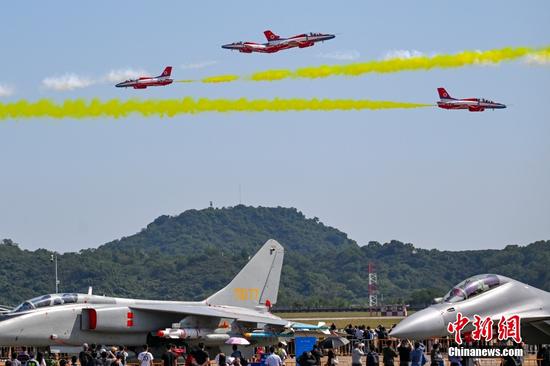

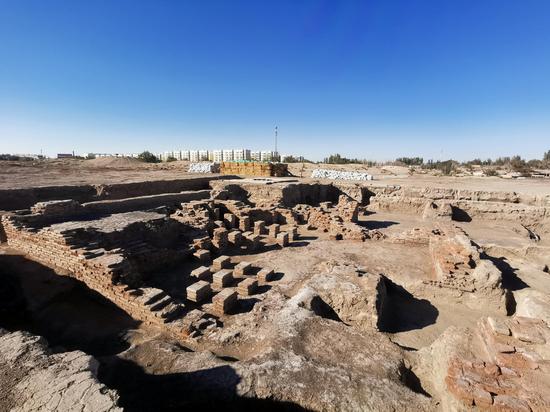
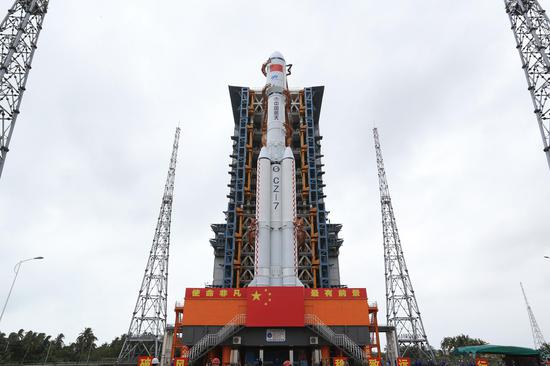

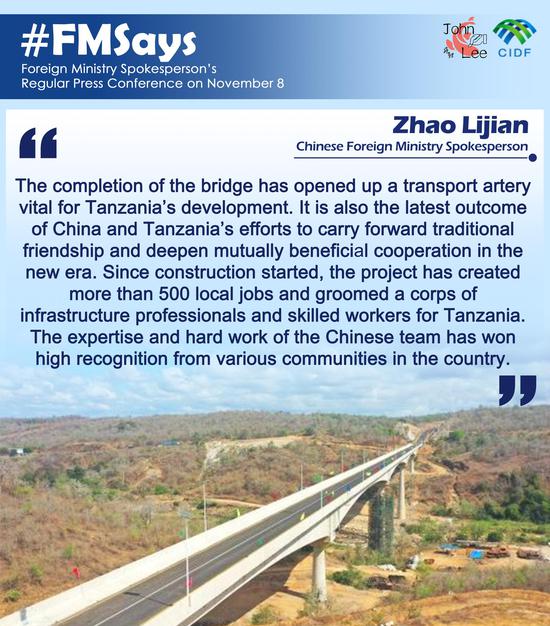




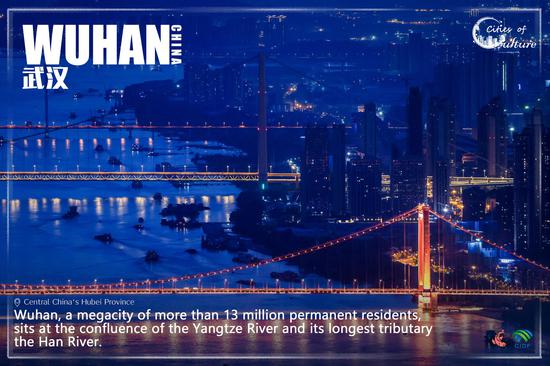







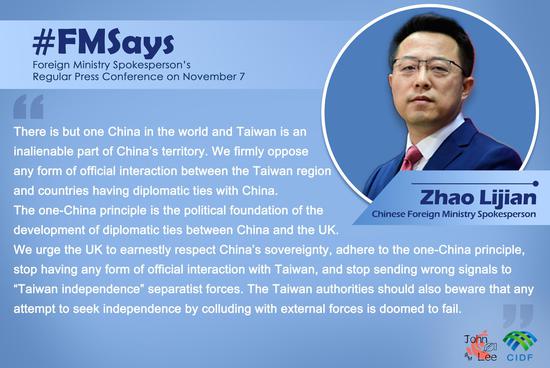


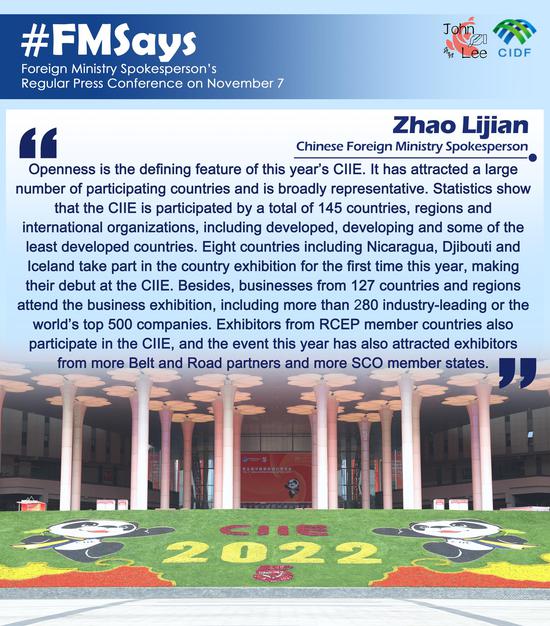





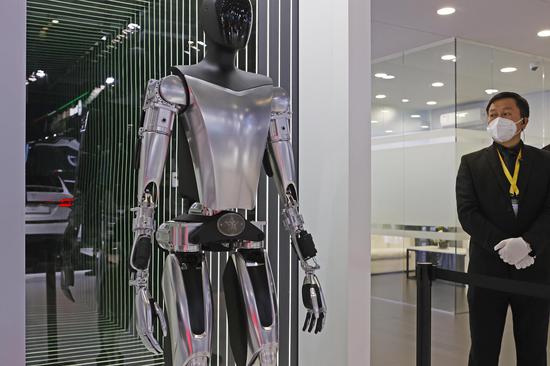


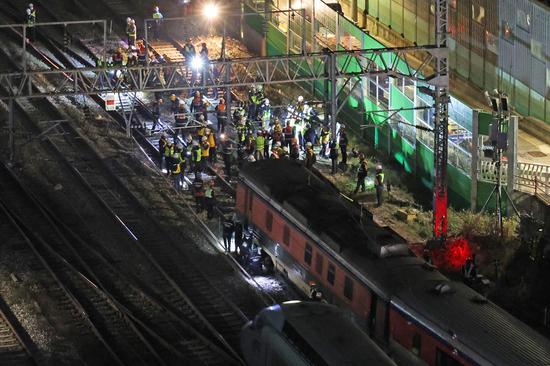




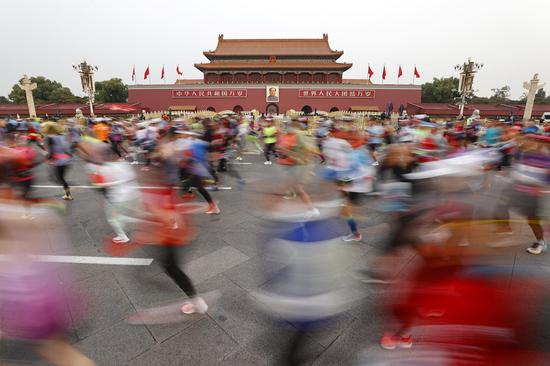






 京公网安备 11010202009201号
京公网安备 11010202009201号